Politics
Plastic pellet losses: Council and Parliament agree on new rules to reduce microplastic pollution

Today, the Council and the European Parliament provisionally agreed on a regulation on preventing the loss of plastic pellets – the industrial raw materials used to make plastic products – into the environment. The new rules will help improve the handling of plastic pellets at all stages of the supply chain, both on land and sea.
Microplastics, including plastic pellets are now found everywhere — in our oceans, seas and even in the food we eat. Each year, the equivalent of up to 7,300 truckloads of plastic pellets are lost to the environment. Today, the EU has taken a landmark step toward reducing pellet pollution by adopting measures to tackle losses and ensure correct handling, including in maritime transport.
Paulina Hennig-Kloska, Polish Minister for Climate and Environment
Stronger prevention of pellet losses
Under the new rules, prevention of plastic pellet losses would be the main objective for operators and EU and non-EU carriers. A clear framework sets out obligations for cases of accidental losses focusing on clean-up operations. A clear set of measures will be included in a risk management plan, prepared by each installation handling pellets. Such measures would tackle, among others, packaging, loading and unloading, staff training, as well as necessary equipment.
To provide for a level playing field between the EU and non-EU carriers and to ensure accountability and transparency for all carriers of plastic pellets, non-EU carriers will have to designate an authorised representative in the EU.
Achieving simplification and compliance
In line with the simplification goals for smaller companies and reflecting the Council’s approach, the provisional agreement strikes a balance between a high level of environmental protection and the requirements for companies adapted to their different size. In this sense, operators that handle above 1 500 tonnes of plastic pellets annually will have to obtain a certificate issued by an independent third party. Small companies also handling above 1 500 tonnes per year will benefit from lighter obligations, such as one-off certification to be done in 5 years after the entry into force. Finally, companies handling less than 1 500 tonnes annually and microenterprises will only need to issue a self-declaration of conformity.
Maritime transport
The persistence of a plastic pellet in an aquatic environment can be measured over decades or more, since plastic pellets are not biodegradable. Moreover, maritime transport accounted for around 38% of all pellets transported in the EU in 2022.
Therefore, the co-legislators also agreed to set obligations for the transport of plastic pellets by sea (in freight containers), including ensuring good quality packaging and providing transport and cargo-related information, following the guidelines of the International Maritime Organisation.
Next steps
The provisional agreement will now have to be endorsed by the Council and the Parliament. It will then be formally adopted by both institutions, following a legal and linguistic review, and published in the Official Journal of the EU. The regulation will then become applicable 2 years after publication. To facilitate compliance within the maritime sector, the co-legislators agreed to postpone the application of relevant rules by one year (compared to the rest of the rules set out in the regulation).
Background
It is estimated that between 52 140 and 184 290 tonnes of pellets were lost into the environment in the EU in 2019. Pellet losses can occur at various stages along the value chain. Currently, no EU rules specifically cover plastic pellet losses, despite their adverse impacts on the environment, the climate, the economy and potentially on human health. Plastic pellets rank third among the largest sources of unintentional microplastic releases, after paints and tyres.
Politics
EU changes protection status of wolves in Europe

DISCLAIMER OPINIONS: The opinions of the authors or reproduced in the articles are the ones of those stating them and it is their own responsibility. Should you find any incorrections you can always contact the newsdesk to seek a correction or right of replay.
DISCLAIMER TRANSLATIONS: All articles in this site are published in English. The translated versions are done through an automated process known as neural translations. If in doubt, always refer to the original article. Thank you for understanding.
DISCLAIMER PHOTOS: We mostly used photos images that are readily available online, from free sources, or from the people promoting the news. If by any chance it happens that we have used one of your copyrighted photos, please do not hesitate to contact us and we will take it down without question. We do not make profits as this is a not for profit project to give voice to the voiceless while giving them a platform to be informed also of general news, and it is completely free.
Politics
Commission adopts Ocean Pact to protect marine life and strengthen blue economy
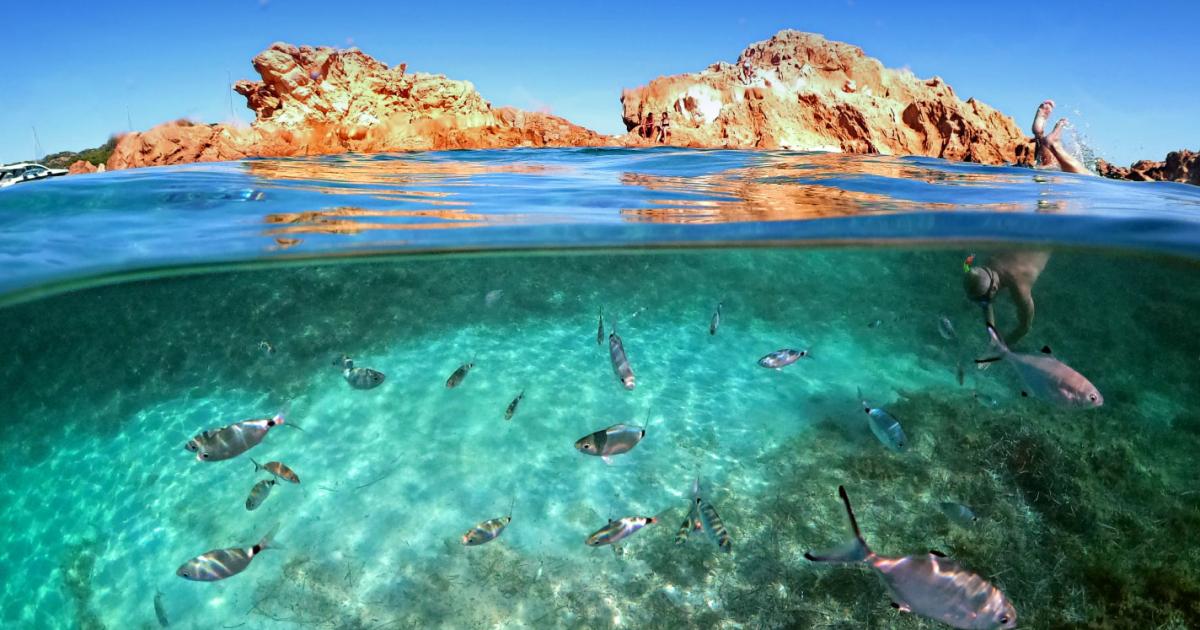


DISCLAIMER: Information and opinions reproduced in the articles are the ones of those stating them and it is their own responsibility. Publication in The European Times does not automatically means endorsement of the view, but the right to express it.
DISCLAIMER TRANSLATIONS: All articles in this site are published in English. The translated versions are done through an automated process known as neural translations. If in doubt, always refer to the original article. Thank you for understanding.

– Advertisement –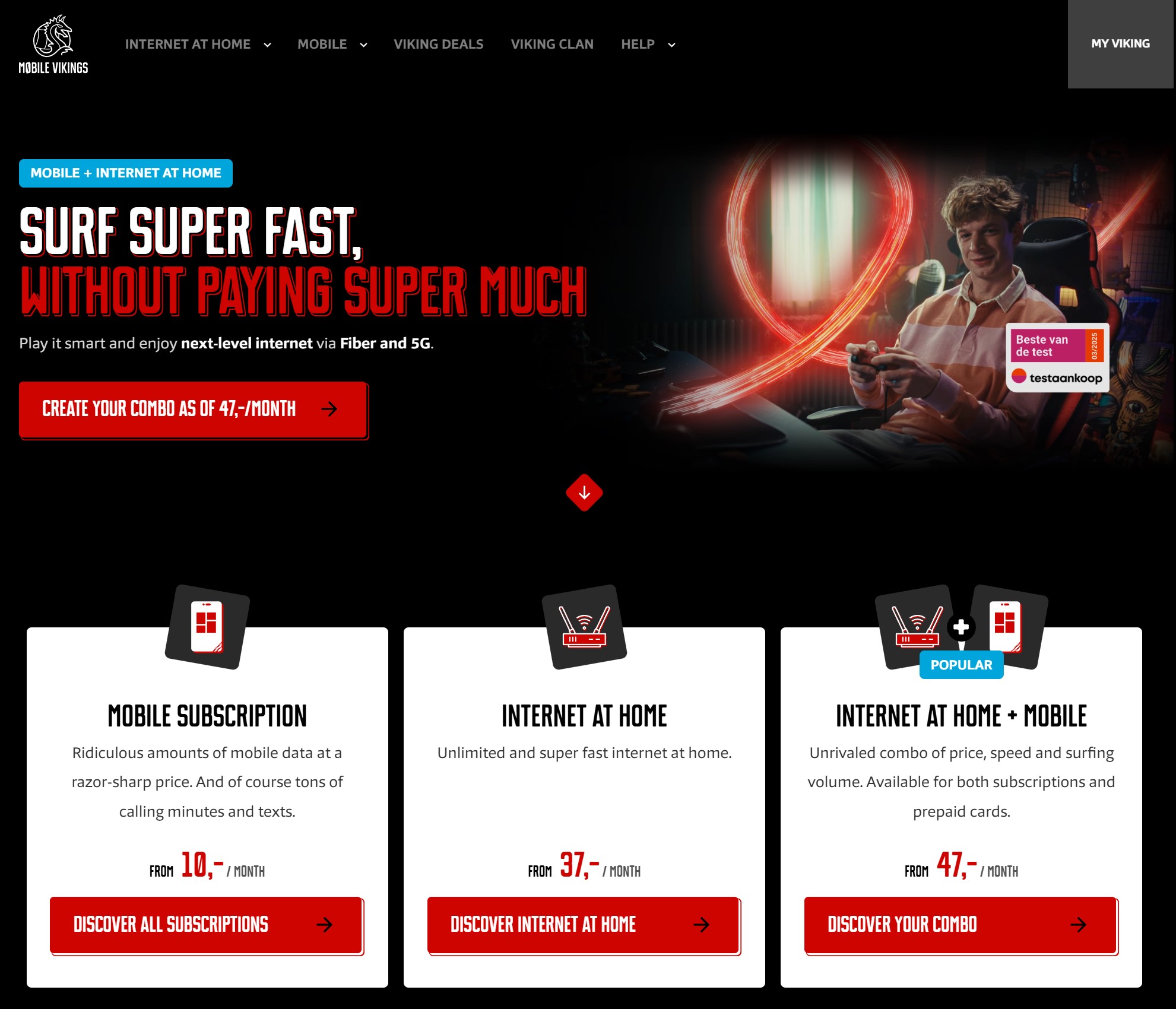
– Advertisement –
The ocean shapes our economies, our food systems, even the air we breathe. To better protect our ocean, the Commission has adopted a European Ocean Pact, which will help to promote a thriving blue economy and support the well-being of people living in coastal areas.
This Ocean Pact brings together EU ocean policies under one single and coordinated framework. It will do so through a collaborative approach between EU countries, regions, and stakeholders, including fishers, innovators, investors, scientists, and civil society. Six priority areas for action will define this work, namely
- protecting and restoring ocean health by supporting EU countries in their efforts to restore degraded coastal marine habitats
- boosting the competitiveness of the EU sustainable blue economy including by strengthening the EU’s maritime industry and by introducing a Blue Generational Renewal Strategy, to foster access to young professionals in marine research, ocean tech, and sustainable fisheries
- supporting coastal and island communities, and outermost regions by presenting new or updated strategies for these regions and communities
- enhancing maritime security and defence by strengthening EU coast guard cooperation and maritime border security
- advancing ocean research, knowledge, skills and innovation by proposing an ambitious EU Ocean Observation Initiative
- strengthening EU ocean diplomacy and international ocean governance by stepping up its fight against illegal, unreported and unregulated fishing
The European Ocean Pact will be complemented by an ocean act by 2027, which will help to ensure the implementation of the priorities of the pact. An EU Ocean Pact dashboard will be used to track progress.
For more information
Press release: Commission adopts European Ocean Pact for a healthy ocean, a competitive blue economy and thriving coastal communities
More information about the European Ocean Pact
Source link
More from the author
– EXCLUSIVE CONTENT –
Politics
The European Union and the Republic of Moldova confirm their strong partnership at the 9th EU-Moldova Association Council meeting
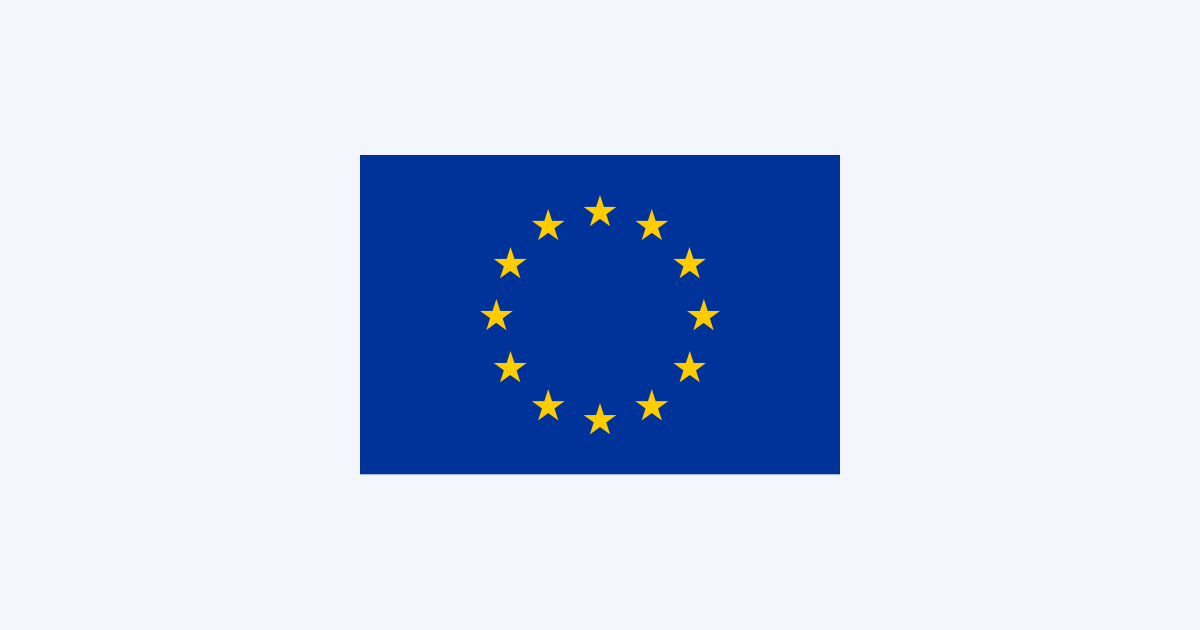

© FRVS+MPCP 2022. The European Times® News is registered as an EU Trademark. All rights reserved. The European Times® and the logo of The European Times® are EU trademarks registered by FRVS+MPCP.
Members/Partners of

About Us
Popular Category
DISCLAIMER OPINIONS: The opinions of the authors or reproduced in the articles are the ones of those stating them and it is their own responsibility. Should you find any incorrections you can always contact the newsdesk to seek a correction or right of replay.
DISCLAIMER TRANSLATIONS: All articles in this site are published in English. The translated versions are done through an automated process known as neural translations. If in doubt, always refer to the original article. Thank you for understanding.
DISCLAIMER PHOTOS: We mostly used photos images that are readily available online, from free sources, or from the people promoting the news. If by any chance it happens that we have used one of your copyrighted photos, please do not hesitate to contact us and we will take it down without question. We do not make profits as this is a not for profit project to give voice to the voiceless while giving them a platform to be informed also of general news, and it is completely free.
Editor Picks
-
EU & the World4 days ago
Aurora Borealis Forecast: Where & When to See the Northern Lights Tonight
-
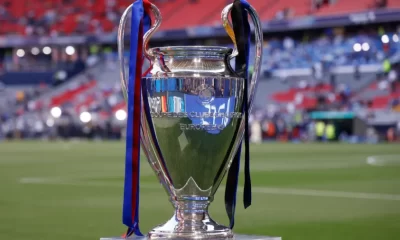
 Sports6 days ago
Sports6 days agoChampions League Final 2024-2025: PSG-Inter, official lineups
-
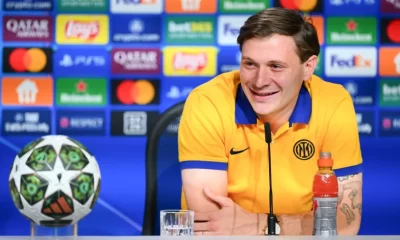
 Sports7 days ago
Sports7 days agoPSG-Inter, Nicolò Barella jokes about Gianluigi Donnarumma
-

 EU & the World5 days ago
EU & the World5 days agoRihanna’s Parents: About Her Late Dad Ronald Fenty & Mom Monica Braithwaite
-
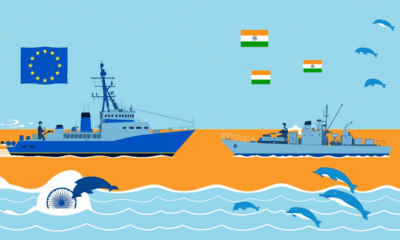
 Politics6 days ago
Politics6 days agoEU and India Forge Deeper Maritime Ties with Historic Joint Naval Exercise in the Indian Ocean
-
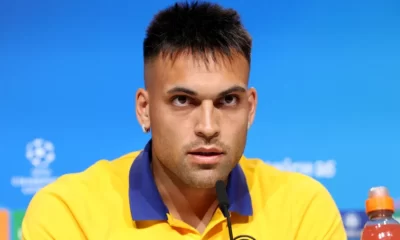
 Sports7 days ago
Sports7 days agoPSG-Inter, Lautaro Martinez unveils recipe for finals
-

 Sports5 days ago
Sports5 days agoOfficial: Damien Comolli new general manager of Juventus.
-
Travel7 days ago
France saw record night train passengers in 2024, but can it keep up with booming demand?









